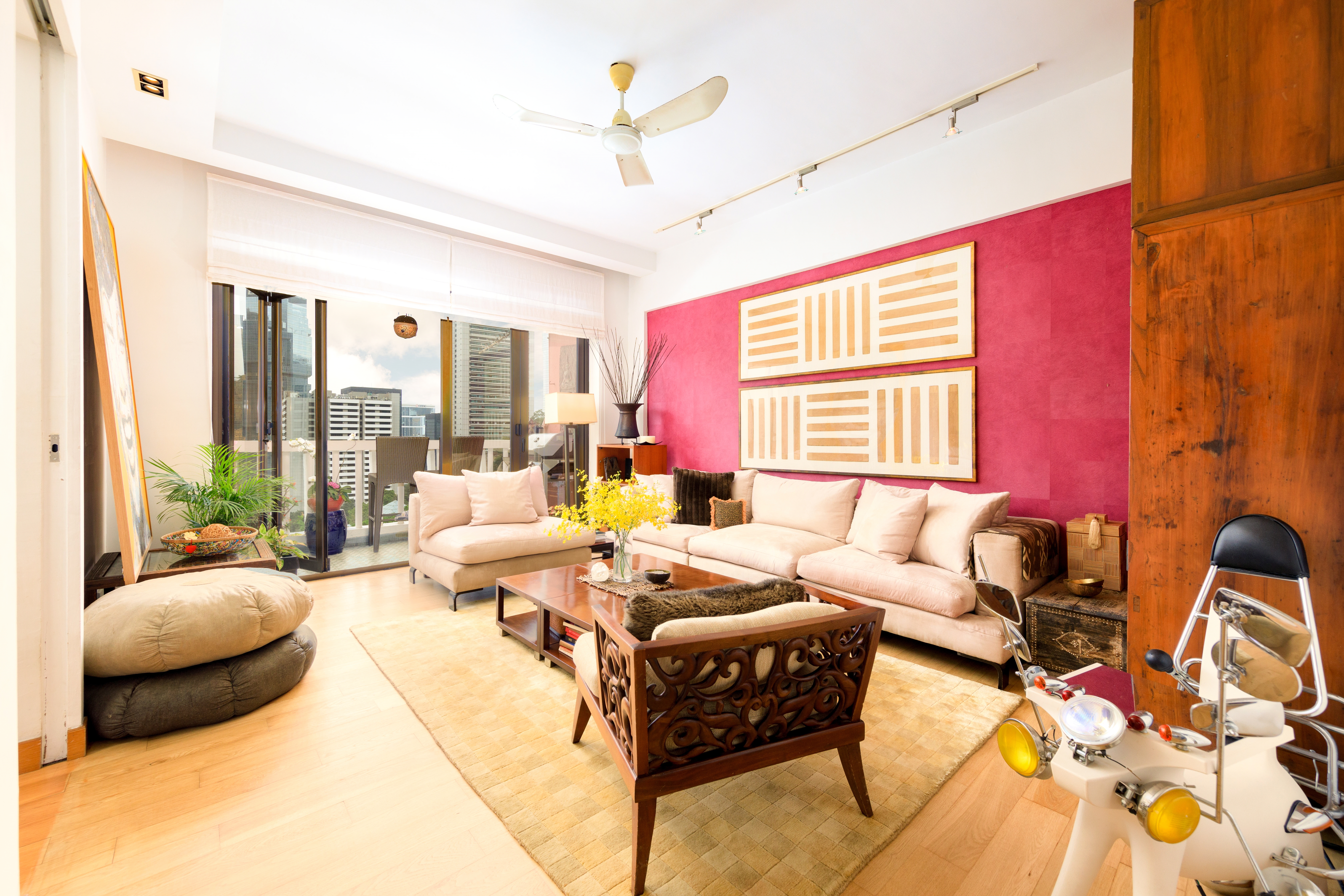
12 March 2020 - Property cooling duty measures to remain
Many in Hong Kong recently waited with great anticipation to learn the details of the 2020 Budget Address delivered by Finance Chief Paul Chan, especially as it would relate to measures affecting the real estate market. Ultimately, policy-wise nothing of breath-taking significance was presented.
Despite some calls within the real estate sector for their withdrawal, existing property cooling measures will remain in place as home prices are still beyond the means of most people.
Disappointingly the government’s land sale programme will only be able to provide about 7,500 units in residential plots during the coming financial year. That number marks a 10-year low.
Over the past 10 years, the government has introduced four different stamp duty schemes, including a Special Stamp Duty aimed at discouraging short-term buyers or investors as well as a Double Stamp Duty that placed a surcharge on non-permanent residents and corporate buyers. These measures were seen as an attempt to help cool the local red-hot housing market, ranked the world’s least affordable. However, given that Hong Kong’s economy has been hit hard by a double whammy of local social unrest and a corona virus epidemic scare that has upended the city since last June, pro-business lawmakers and developers had lobbied for a pull back on some duties, especially those that target locals.
Paul Chan did not cite the inclusion of property levies in his budget speech. He did reiterate though that “The residential property market has been quiet since last June with transactions and prices retreating, but current flat prices are still out of people’s affordability range. In such a situation, we do not think it’s a suitable time to make big adjustments. We have to stay firm when executing policies.”
The Finance Chief added that while there was indeed a nine per cent drop in property prices between September 2015 and February 2016, there were also demands for the government to cut levy measures.
He reiterated - “We are not only taking into account current circumstances, we also have to look at the whole market trend and economic changes in the future. For the current economic situation, we are not qualified to withdraw the measures.”

Lawmaker Jeffrey Lam Kin-fung, of the Business and Professionals Alliance, noted that despite the addition of a few sweeteners to help small and medium-sized business in the budget address, some Hongkongers will inevitably need to generate quick cash by selling their flats. For this reason, he added - “The government should further assist them by removing some of these property measures that have lasted for almost a decade.”
Chief executive of Midland Realty’s residential division Po Siu-min registered his disappointment with Chan’s decision, pointing out that the government should implement measures such as withdrawal of the special stamp duty to help stabilize the market.
An anonymous government source added that stamp duties targeted at speculators would not affect those who purchased their house to live in, adding that there was no specific indication on when the measures would be eased.
Despite the land sale programme producing a total of 15 residential sites, providing only around 7,500 flats, if railway property projects, as well as private redevelopments are included, that number could nearly double to 15,700 flats. A government source adds that “The number of flats provided in total is still more than the target set by the Long-Term Housing Strategy, which was to provide 12,900 flats per year.”
In terms of a broader picture, the private sector is expected, on average, to complete about 19,600 homes annually from 2020 to 2024, which is a slight increase of 800 flats from the previous five-year rolling estimate.
Moreover, the government will include six commercial sites in its land sale programme which will also provide about 830,000 sq. m. of floor area.
As for long-term land supply, the Lantau Tomorrow Vision, a controversial project aimed at building huge artificial islands to serve as Hong Kong’s next housing and business hub, will continue, according to Chan in his budget speech, adding that the government was confident and capable of controlling the total cost of the proposed mega project.





